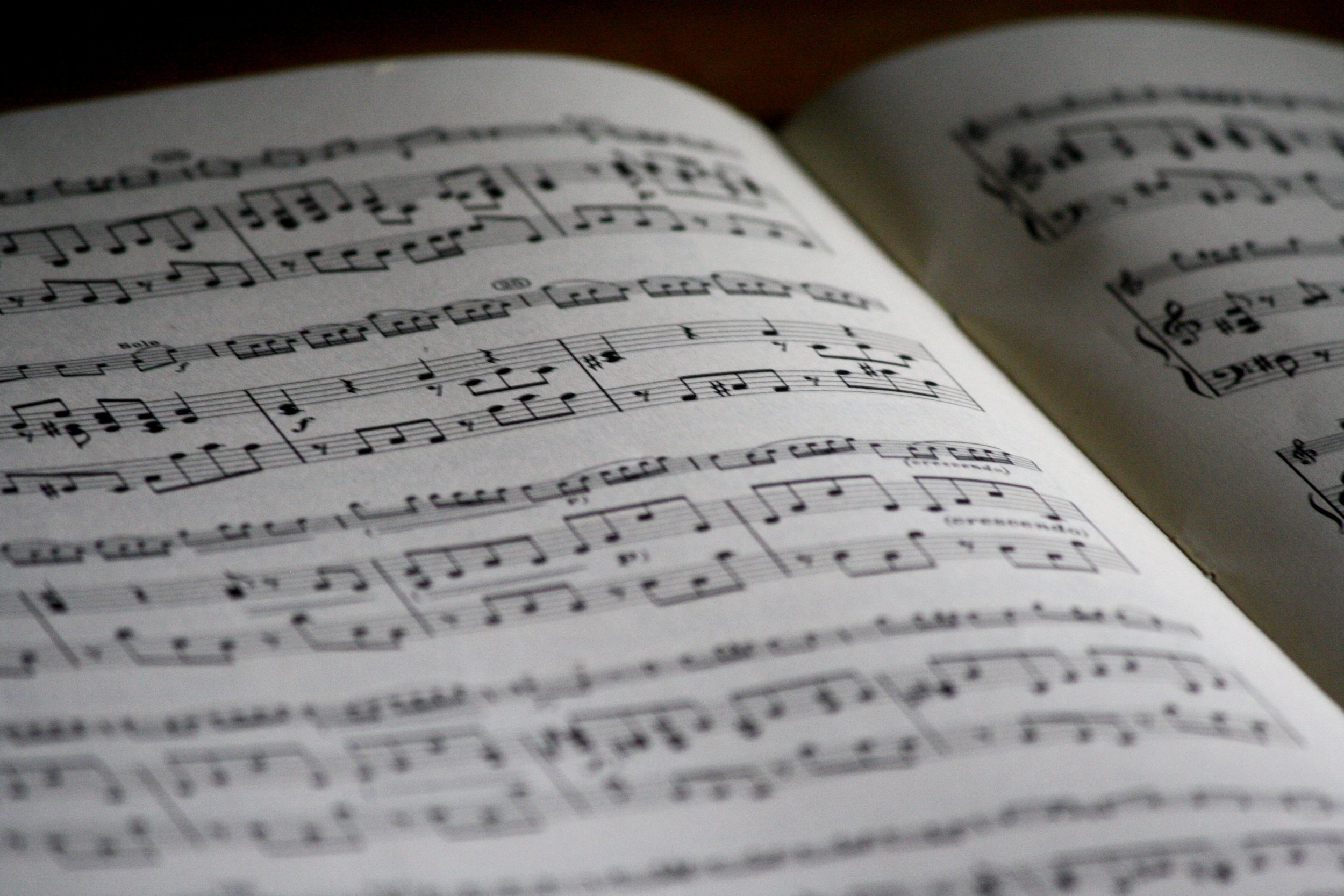More commentary on the commentary! (We're getting Talmudic, here...) All quotes were given at the IERG conference a week and a half ago. To refresh you memory, you might re-read the original post on a song-a-day — or either of our two posts on dancing!
A song a day
Music is so fundamental to our experience, so I love this idea!
Yeah! Since presenting on this idea, I've been noting how much use I make of music to keep myself engaged, upbeat, serious (or frivolous)...
Music is medication. Perhaps that's why we've developed it, as a species. It's unfortunate most schools make so little of it.
Slowing down a bit. Maybe a song a day is too much too fast.
Maybe! Lee, thoughts?
I like the simplicity of saying that some things are daily, and other things weekly — even if we don't always meet that goal.
Choreography to song
Love it! The more we could integrate it with the dancing curriculum, the better (I assume).
Though I'll admit that I have no idea how to do that. I have some leads on dance instructors in Seattle — Lee, do you have any connections to dance instructors on Hilton Head?
Watch Ben Zander TED talk (very IE).
Zander's talk is "The Transformative Power of Classical Music", and it's quite worth watching!
Near the beginning, Zander says, "In the classical music world... there are some people who think that classical music is dying. And there are some of us who think you ain't seen nothing yet."
I have to admit — this is going to be something that makes me sound very snobbish — I keep returning to the question of whether our schools can have some primacy on classical music.
Classical feels so different to me — relaxing, restorative. I recall once refilling at a gas station that was playing classical — it was an ecstatic experience; purifying, almost. No other form of music (and I enjoy many different genres) makes me feel that way. And I think I'm not alone.
And this ability of classic to calm seems to be helpful, in a school.
So I'll ask (though I feel nervous about sounding like a snob) — any thoughts on whether classical music could have an outsized role in schools?
Listening. Listen to sounds of nature. Listen to the voices of many people. In particular, listen to the voices of trained classical singers!
I'm moving toward (I've mentioned this on this blog, I think) an observation-first model of creativity. If you want to cultivate creativity, cultivate observation. I've grounded our realistic drawing curriculum in this, but that's just visual observation. We should develop a parallel track for auditory observation, through music and otherwise. I've got to think about that.
Individual experience then public, instead of the reverse?
Interesting. This doesn't seem compelling to me right now, but I'll think about this.
Part of my "meh"-ness, I think, stems from the fact that I imagine public listening to be, in large part, private.
I'm thinking that each new song should ideally be played three times. Familiarity brings affection (something advertisers have long known). Each time, though, the classroom should be otherwise absolutely silent, so everyone (even the most ADHD of us) can feel safe in focusing entirely on the music.
With the song the only thing that anyone can hear, listening corporately seems a lot like listening privately.
(Lee, some notes: if we want to make auditory experience so crucial to our schools, we'll need to invest in sound-dampening technologies. If we can ever design our own buildings, that'll mean soundproofing, and classrooms that aren't just separated by folding walls. In the short-term, however, that might mean white-noise generators, of either the electronic or waterfall-y varieties.)
Did this with The Outsiders. The students chose characters and developed albums with song lyrics and visuals. Works very well.
Oh, jeez — there are probably loads of great ways to go deeper into the literature or history curriculum through music! How'd I not think of this? Thanks, anonymous commenter! I'll be on the lookout for more of these.
Oh, by the way!
I've been pondering how we should choose songs. Again, we want to bring in songs that (1) are super-diverse and super-high-quality, and (2) songs that are personally meaningful to teachers. Obviously, there'll be a good amount of overlap between those two categories — but!
I think I have an idea. It turns out there a lot of lists attempting to pick the best music of every genre. The most helpful (for our purposes) list that I've found may be 1,000 Recordings to Hear Before You Die, by NPR music reviewer Tom Moon. I haven't yet read it (I'm caravaning around the Midwest at present), but it looks pretty danged good: the cover indicates it includes jazz, reggae, oldies, opera, folk, soul, and more. (A perusal of the table of contents points to traditional Mongolian singing, rap, funkadelic, rock, and, well, take a look! Here's a very positive review on NPR.)
So here's my thinking: we alternate days. One day, a song chosen from the book; the next day, a song chosen by each teacher. Some back-of-the-envelope arithmetic suggests that between kindergarten and twelfth grade, students will be in our school for about 2,000 days.
Again, there are 1,000 songs (well, "musical pieces") in Tom Moon's book. That means it's about to as close to even as we could ask for.
Alternating like this would also allow for school unity (important, as building a culture requires shared music, art, stories, and other experiences) but also class unity (important, for the same reasons).
Lee, your thoughts?
I've been working on another idea that stems from this, but I'll post it separately. (It's that cool!)



